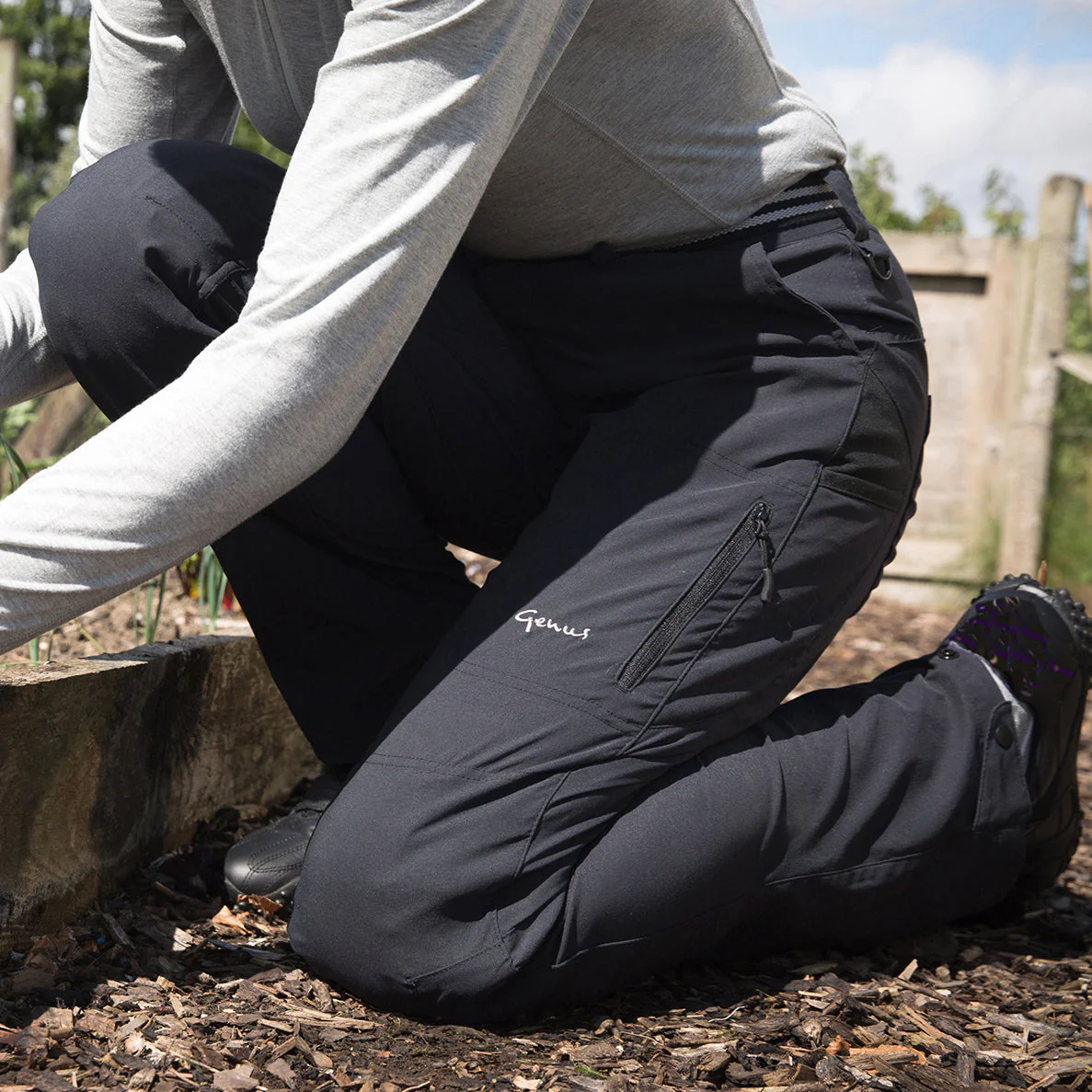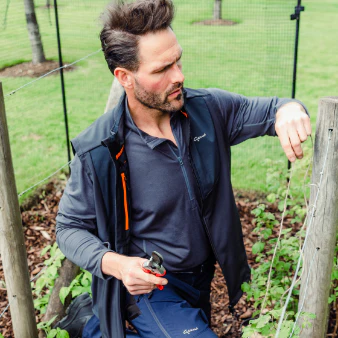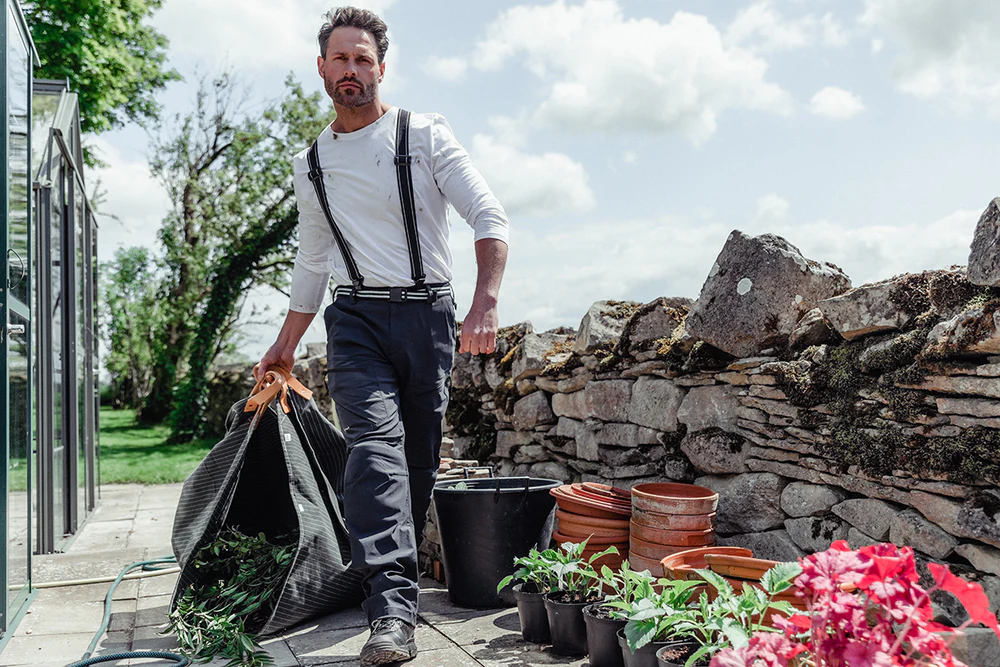Wildlife in the garden - collared doves

We love collared doves. They’re often around the garden grazing under the bird feeders and the margins of the surrounding fields. Barely known in the UK prior to the 1950s, four birds reported in Norfolk - migrants from Asia and Europe in 1955 - soon expanded into a population of 25,000 pairs by 1970. This almost exponential growth started to level off around 1980 but rose again from the early 1990s.
Green listed and classified as of ‘Least Concern’ on the IUCN Red List, their migration to the UK has undoubtably been a success for the species with the current population standing at 810,000 pairs. Collared doves are now widespread across Britain and Ireland and remarkably breed in 84% of UK 10km squares. They’re most abundant in eastern England, especially in areas of arable farming.
Often nesting in the most precarious of locations - gutters, or the brackets of Sky dishes - they have around 1-2 broods per year, each clutch usually containing 2 eggs with the young leaving the nest after around 24 days.
Whilst the maximum recorded age for a ringed bird is 15 years most have a typical life expectancy of 3 years. The adult survival rates are good - 64% of adults survive from one year to the next though we’ve noticed that their prominent nesting locations often make them simple targets for marauding predators such as sparrow hawks which are often seen in the Genus garden.











